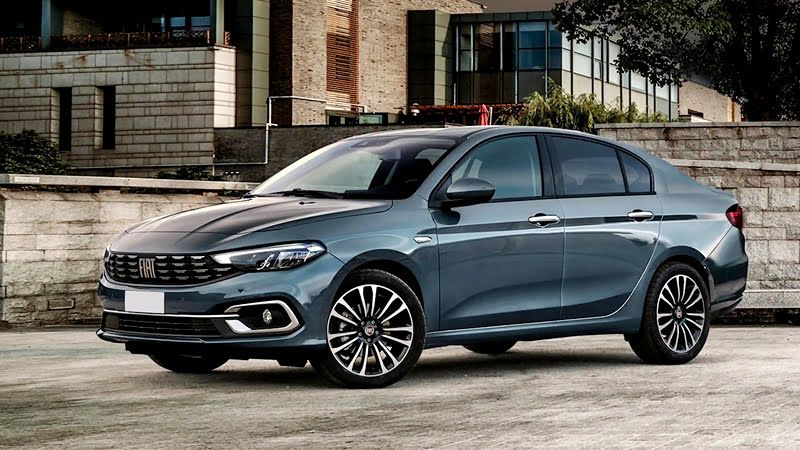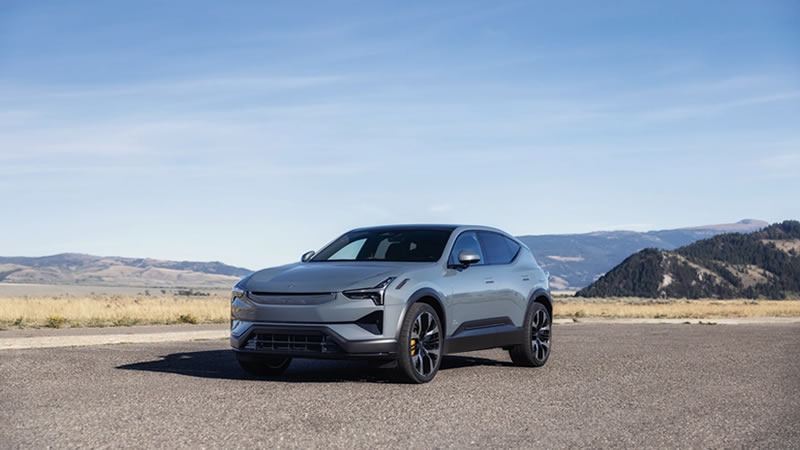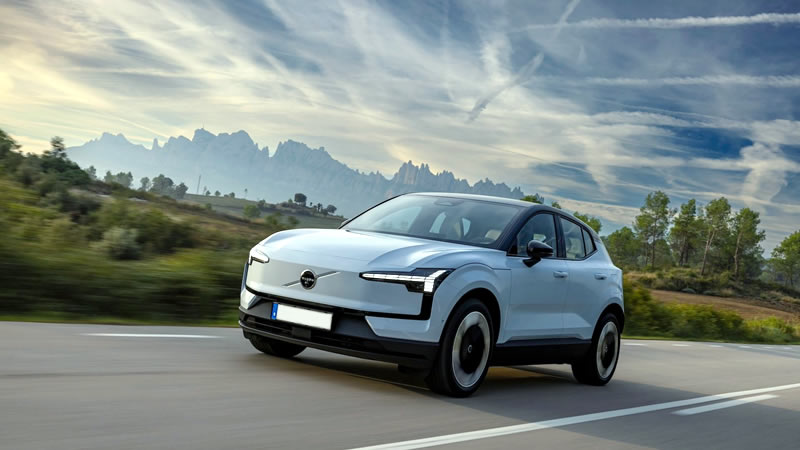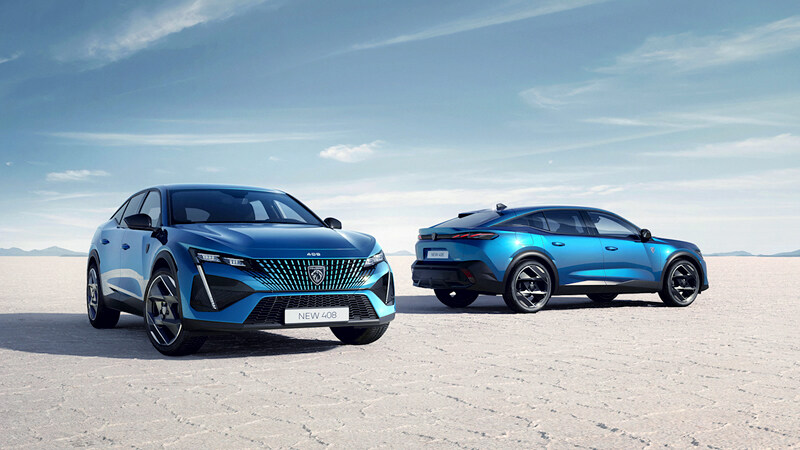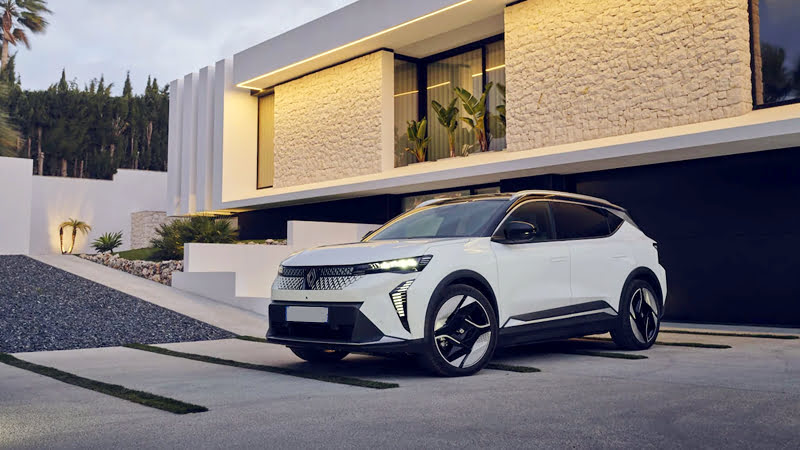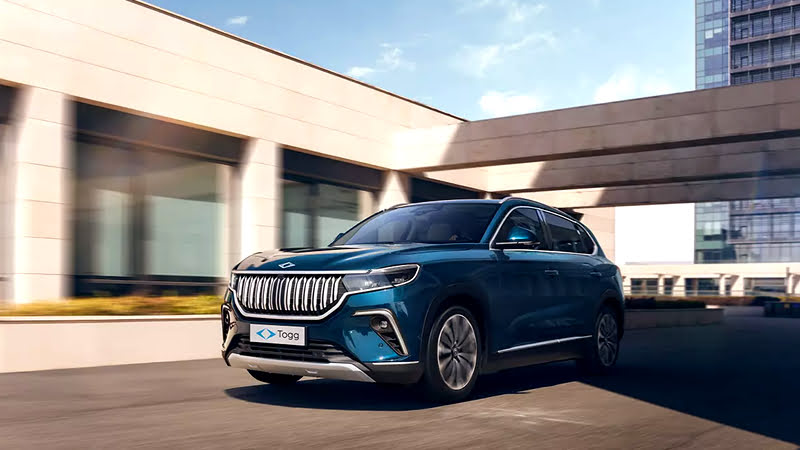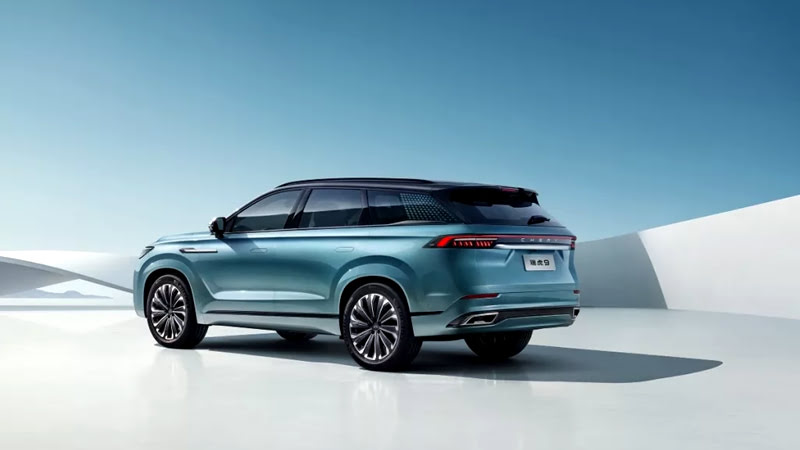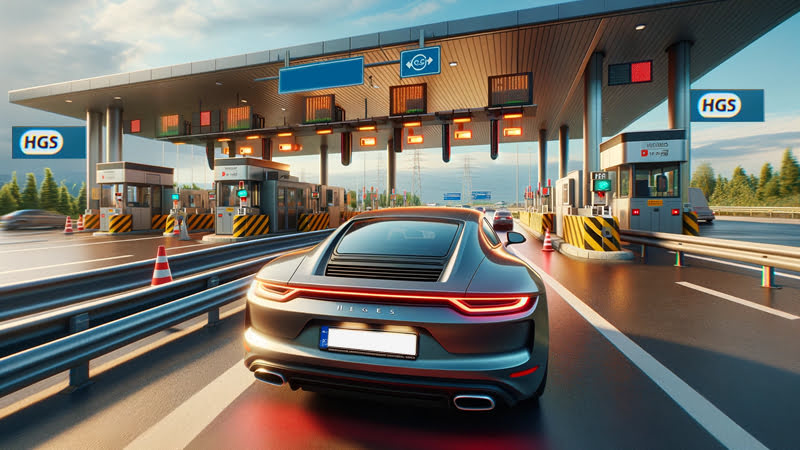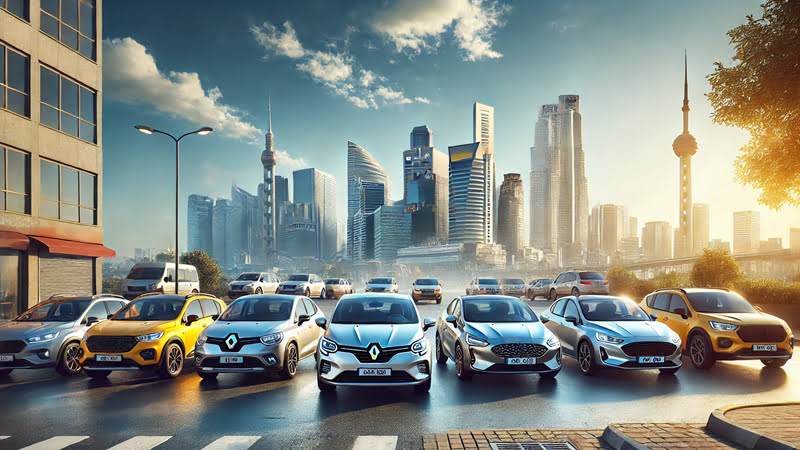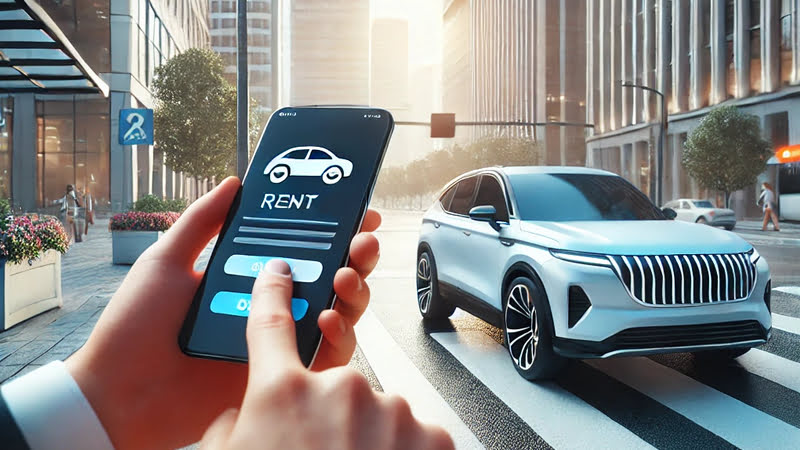Advancements in Battery Technology - Longer Range and Faster Charging
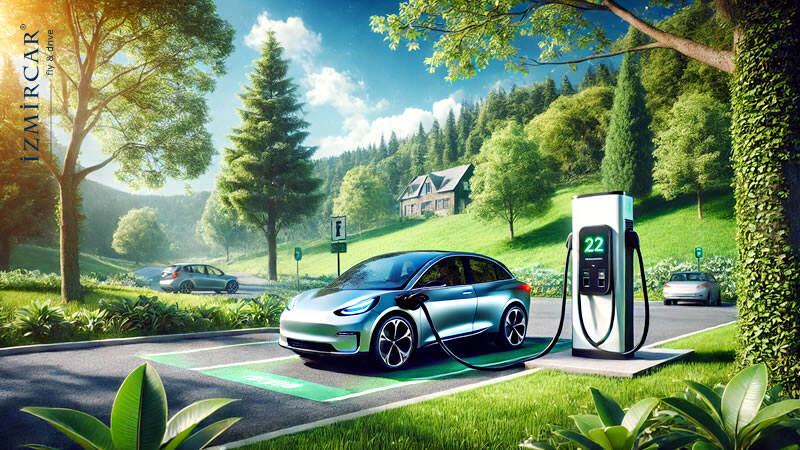
Electric vehicles (EVs) have emerged in recent years as an eco-friendly alternative for both individual consumers and commercial sectors. In this context, revolutionary developments in battery technology offer solutions to increase the range of EVs and reduce charging times. By 2025, these innovations are expected to become more widespread.
Solid-state batteries replace the liquid electrolytes in conventional lithium-ion batteries with solid electrolytes, increasing energy storage capacity. Toyota aims to offer commercially viable solid-state batteries by 2027. These batteries will provide greater flexibility in EV designs due to their compact size and offer longer ranges. Additionally, using more environmentally friendly materials in their production aims to reduce the carbon footprint.
Lithium-sulfur (Li-S) batteries provide higher energy density than lithium-ion batteries. These batteries, particularly favored for long-distance travel and commercial applications, are made from eco-friendly materials. Silicon anode technology developed by Stanford University has the potential to triple the capacity of existing lithium-ion batteries. This technology reduces environmental impact and production costs.
Graphene offers significantly faster charging times and higher energy capacity compared to current battery materials. Samsung SDI's "graphene ball" technology has increased battery capacity by 45% and reduced charging times by up to five times. This innovation is being tested, particularly in performance-focused electric sports vehicles. Brands like Ferrari and Porsche plan to use this technology in their future electric sports cars.
Sodium-ion (Na-ion) batteries stand out for their cost-effectiveness and environmentally friendly structure. The second-generation sodium-ion batteries developed by CATL are emerging as a critical technology supporting affordable electric vehicles. Brands like Renault and Hyundai plan to use these batteries in compact models. Furthermore, these batteries, offering longer lifespans and designs suitable for daily use, could herald a new era in urban transportation.
Fast charging technologies represent a critical area for facilitating EV usage. Technologies developed by ProLogium can provide a range of up to 300 kilometers with a 5-minute charge. Additionally, models like the Nissan LEAF, with its bi-directional charging technology (Vehicle-to-Grid – V2G), can feed energy back into homes and power grids. These technologies contribute to environmental sustainability by creating a balanced system between energy production and consumption.
Battery recycling is a critical issue for achieving sustainability goals in the EV industry. Companies like Tesla and Volkswagen are reducing environmental impact by recycling old batteries. Firms like Northvolt aim to minimize their carbon footprint by using entirely renewable energy in battery production. Additionally, reclaiming rare metals through recycling processes makes resource use more efficient.
Advancements in battery technology are diversifying EV segments. Electric SUVs, sports cars, and compact models benefit from the advantages offered by various battery technologies. Manufacturers like Rivian are evaluating sodium-ion batteries for durable and economical vehicles. Meanwhile, luxury carmakers such as Ferrari and Porsche are testing graphene-based batteries to meet high-performance requirements.
These technological innovations not only enhance the technical features of EVs but also significantly improve user experience. Features like longer range, faster charging, and environmental sustainability make EVs a more accessible and preferred transportation option in the future. In the coming years, these technologies are expected to feature in more models, leading to the emergence of new EV segments.
Solid-State Batteries: The Key Technology of the Future
Solid-state batteries replace the liquid electrolytes in conventional lithium-ion batteries with solid electrolytes, increasing energy storage capacity. Toyota aims to offer commercially viable solid-state batteries by 2027. These batteries will provide greater flexibility in EV designs due to their compact size and offer longer ranges. Additionally, using more environmentally friendly materials in their production aims to reduce the carbon footprint.
Lithium-Sulfur Batteries: More Energy, Lower Costs
Lithium-sulfur (Li-S) batteries provide higher energy density than lithium-ion batteries. These batteries, particularly favored for long-distance travel and commercial applications, are made from eco-friendly materials. Silicon anode technology developed by Stanford University has the potential to triple the capacity of existing lithium-ion batteries. This technology reduces environmental impact and production costs.
New Horizons with Graphene Technology
Graphene offers significantly faster charging times and higher energy capacity compared to current battery materials. Samsung SDI's "graphene ball" technology has increased battery capacity by 45% and reduced charging times by up to five times. This innovation is being tested, particularly in performance-focused electric sports vehicles. Brands like Ferrari and Porsche plan to use this technology in their future electric sports cars.
Sodium-Ion Batteries: Economical and Sustainable
Sodium-ion (Na-ion) batteries stand out for their cost-effectiveness and environmentally friendly structure. The second-generation sodium-ion batteries developed by CATL are emerging as a critical technology supporting affordable electric vehicles. Brands like Renault and Hyundai plan to use these batteries in compact models. Furthermore, these batteries, offering longer lifespans and designs suitable for daily use, could herald a new era in urban transportation.
Fast Charging Technologies: Transforming User Experience
Fast charging technologies represent a critical area for facilitating EV usage. Technologies developed by ProLogium can provide a range of up to 300 kilometers with a 5-minute charge. Additionally, models like the Nissan LEAF, with its bi-directional charging technology (Vehicle-to-Grid – V2G), can feed energy back into homes and power grids. These technologies contribute to environmental sustainability by creating a balanced system between energy production and consumption.
Battery Recycling and Sustainability
Battery recycling is a critical issue for achieving sustainability goals in the EV industry. Companies like Tesla and Volkswagen are reducing environmental impact by recycling old batteries. Firms like Northvolt aim to minimize their carbon footprint by using entirely renewable energy in battery production. Additionally, reclaiming rare metals through recycling processes makes resource use more efficient.
The Future of Electric Vehicles: Greater Variety and Innovation
Advancements in battery technology are diversifying EV segments. Electric SUVs, sports cars, and compact models benefit from the advantages offered by various battery technologies. Manufacturers like Rivian are evaluating sodium-ion batteries for durable and economical vehicles. Meanwhile, luxury carmakers such as Ferrari and Porsche are testing graphene-based batteries to meet high-performance requirements.
These technological innovations not only enhance the technical features of EVs but also significantly improve user experience. Features like longer range, faster charging, and environmental sustainability make EVs a more accessible and preferred transportation option in the future. In the coming years, these technologies are expected to feature in more models, leading to the emergence of new EV segments.

